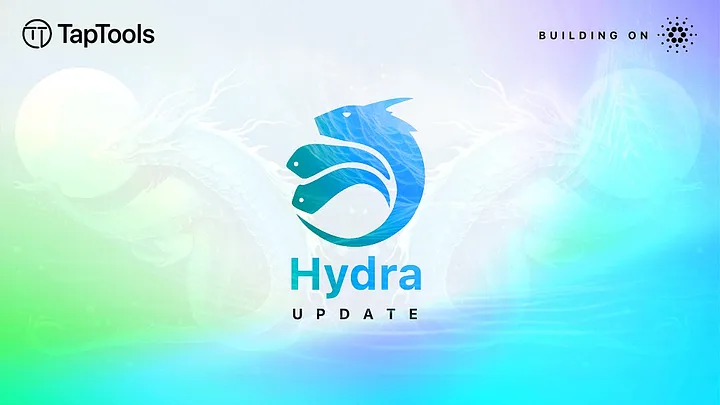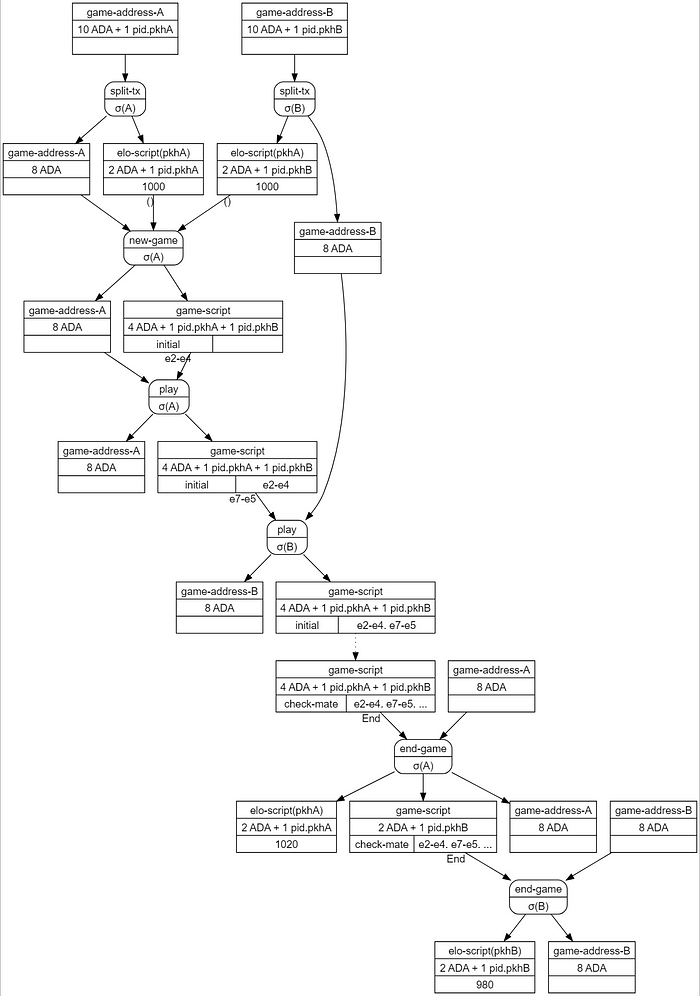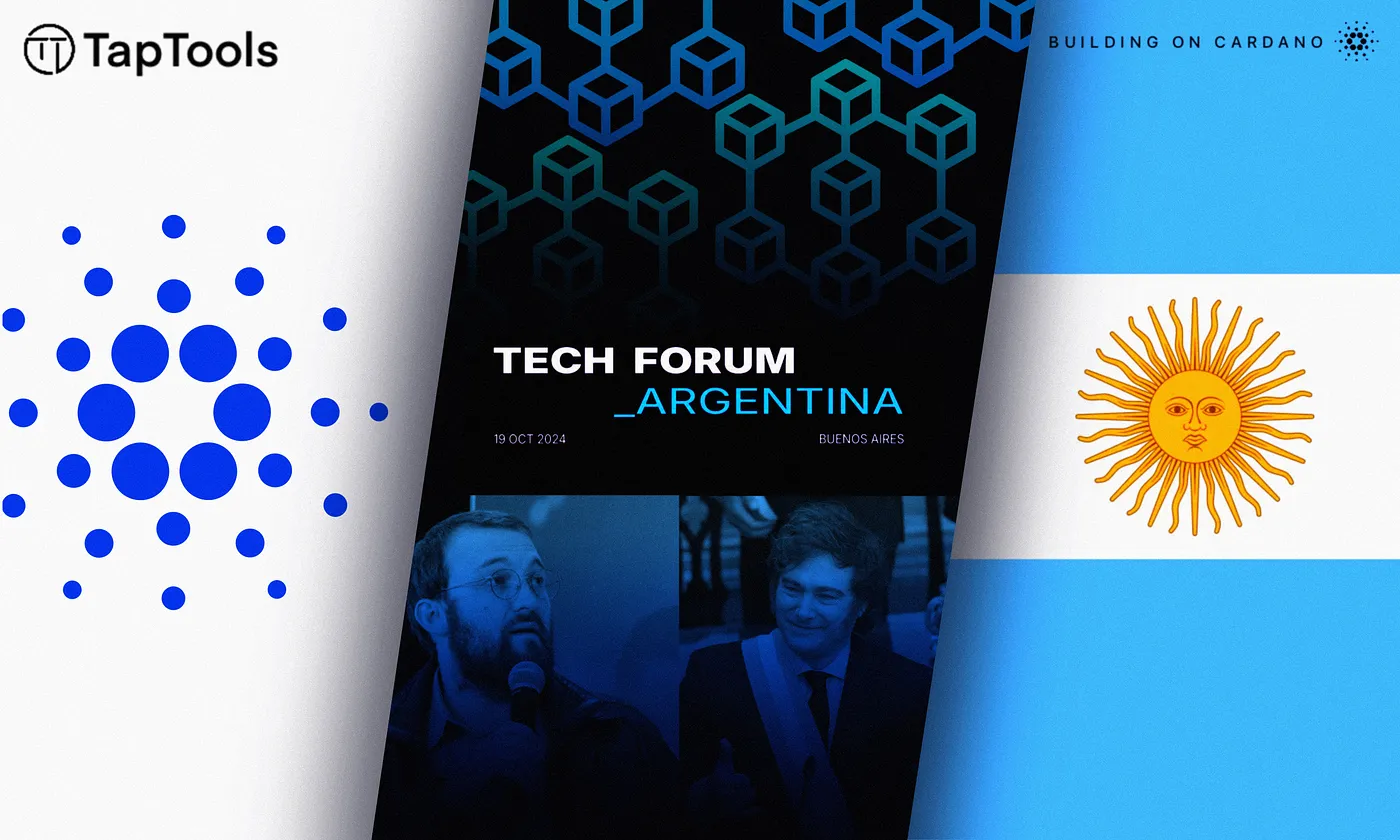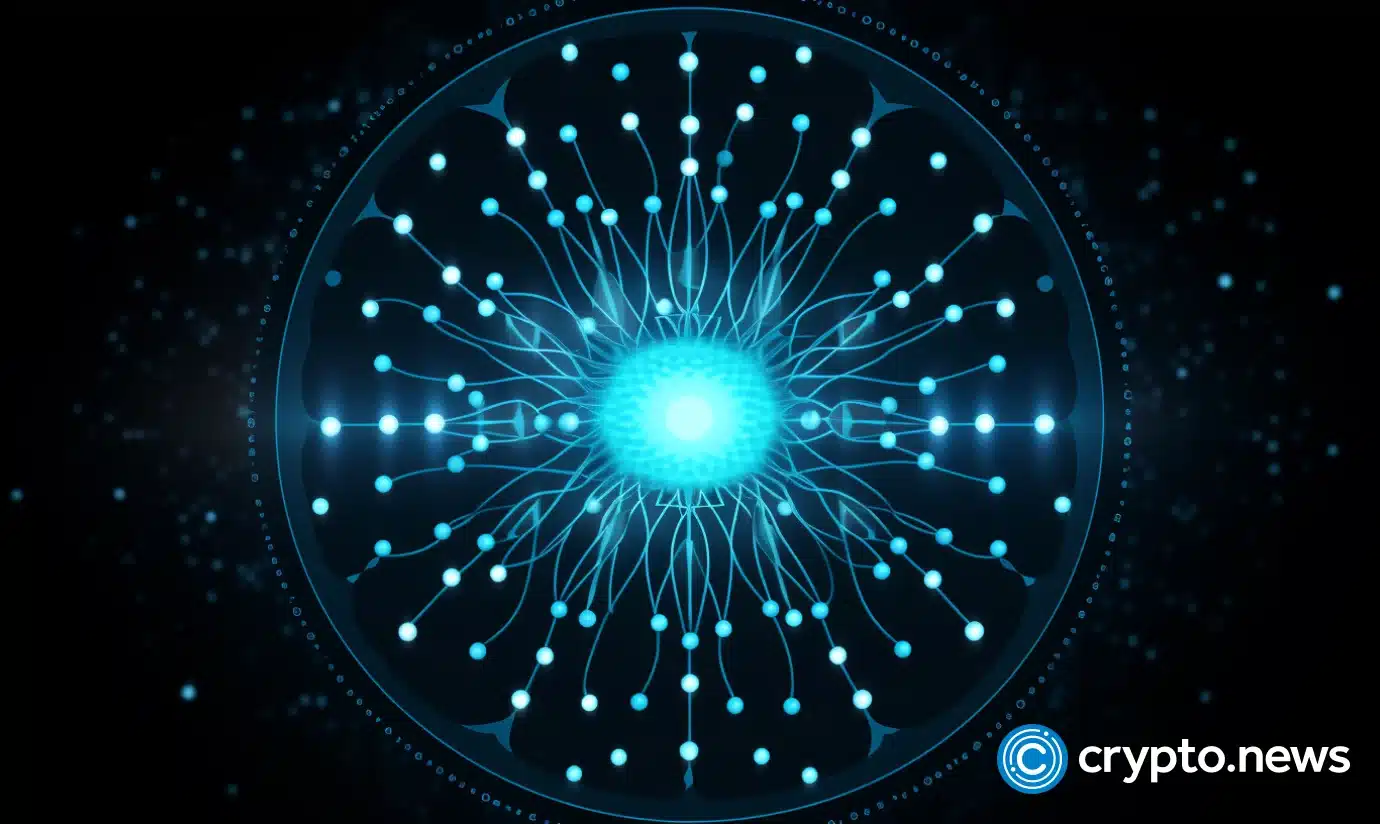Input Output Releases Hydra Update
Over the past couple of weeks, the Hydra team has been hard at work enhancing the protocol’s functionality and addressing various issues.

Over the past couple of weeks, the Hydra team has been hard at work enhancing the protocol’s functionality and addressing various issues. The completion of the Conway support feature, resolution of a minor bug affecting MacOS tests, and the rectification of a regression in protocol-parameter formats mark significant milestones. Additionally, the team delved into off-chain code for incremental decommits and explored the intriguing realm of implementing a chess game using Hydra. In this article, we’ll delve deeper into the latest updates, the Conway support feature, a minor bug encountered, and share insights from the team’s experience in implementing a chess game on the Hydra platform.
What is Hydra?
Hydra is a Layer 2 protocol that operates on top of the existing Cardano blockchain. It is designed to improve the platform’s transaction throughput and overall efficiency. Hydra achieves this by creating multiple “heads,” each capable of processing a subset of transactions independently. This approach allows for parallel processing of transactions, dramatically increasing the network’s overall capacity without compromising on security or decentralization.
Hydra Conway Support
Preparing for the post-Conway era fork, the Hydra team focused on seamlessly integrating Cardano and chain-sync clients. The Conway support feature involves converting blocks observed in Conway mode to Babbage using CBOR encoding and decoding. To ensure smooth querying, modifications were made to accommodate the queryProtocolParameters function. The team also introduced queryCurrentEra to fetch the ongoing era from the running node, enabling other Cardano queries to proceed with accurate information.
Bug Fixes
A minor bug affecting MacOS tests was identified. On recent macOS devices with AirPlay receiving enabled, port 5000 might already be in use, causing sporadic failures in hydra-cluster tests. This went unnoticed initially due to the nix shell for macOS not containing a cardano-node by default, resulting in many tests skipping execution.
Why was this a bug?
Tests should consistently run on macOS, and identifying and addressing this issue ensures the reliability of Hydra on Apple’s operating syste
Implementing a Chess Game on Hydra

On-chain portion of the chess game
On-chain portion of the chess game
The experience report on implementing a chess game on Hydra offers a detailed perspective on the goals, constraints, installation, and configuration processes. Notably, the core logic of the game is coded in PlutusTx, showcasing the integration of functional programming in smart contract development. However, it’s crucial to acknowledge the inherent challenges faced during the implementation process.
Validating a single play within the chess game proved to be resource-intensive, requiring a significant execution budget. To ensure successful transactions within the Hydra ledger, the execution budget was enhanced to approximately 500 billion CPU steps, surpassing the current maximum per transaction in Cardano, which stands at 10 billion CPU steps. This underscores the intricacies of managing complex transactions within the Hydra ecosystem.
The report sheds light on the user-friendly nature of the Hydra WS API, facilitating a seamless experience for developers. It directs the client implementation as a straightforward reactive application, aligning with the intended design of the protocol.
It is imperative to note that the overall developer experience, both with Cardano and Hydra, emerges as a critical aspect that requires enhancement. The report emphasizes the need for improvements to expedite development, enhance safety, and simplify processes. Such improvements are essential to encourage developers, including those without extensive experience in transaction and smart contract handling, to approach Cardano and Hydra confidently.
Looking forward, the report outlines future work, particularly the exploration of a simpler solution within the Hydra Head context. This involves providing off-chain code a “hook” into snapshot signing, empowering parties to reject invalid transactions without embedding complex logic in the ledger. This pursuit aligns with the broader goal of refining the developer experience and ensuring that the Hydra ecosystem becomes more accessible and user-friendly for a diverse range of developers.
You can read the full experience report at the following link: https://github.com/abailly/black-jack/blob/main/2023-experience-report.md
Conclusion
The recent advancements in Hydra highlight its evolving capabilities, with a specific emphasis on applications like voting, auctions, and more. The successful integration of the Conway support feature and bug resolutions underscores Hydra’s adaptability to diverse use cases. As Hydra continues to develop alongside the Cardano blockchain, it becomes intriguing to anticipate the layer 2 protocol’s future use-cases and observe how the developer community leverages its quick throughput for innovative solutions. Hydra’s journey in the post-Voltaire era and beyond promises exciting possibilities for the broader blockchain ecosystem.
You can view the Hydra Protocol’s Github at the following link: https://github.com/input-output-hk/hydra
Delegate Your Voting Power to FEED DRep in Cardano Governance.
DRep ID: drep12ukt4ctzmtf6l5rj76cddgf3dvuy0lfz7uky08jfvgr9ugaapz4 | We are driven to register as a DRep by our deep dedication to the Cardano ecosystem and our aspiration to take an active role in its development, ensuring that its progress stays true to the principles of decentralization, security, and community empowerment.DELEGATE VOTING POWER!








